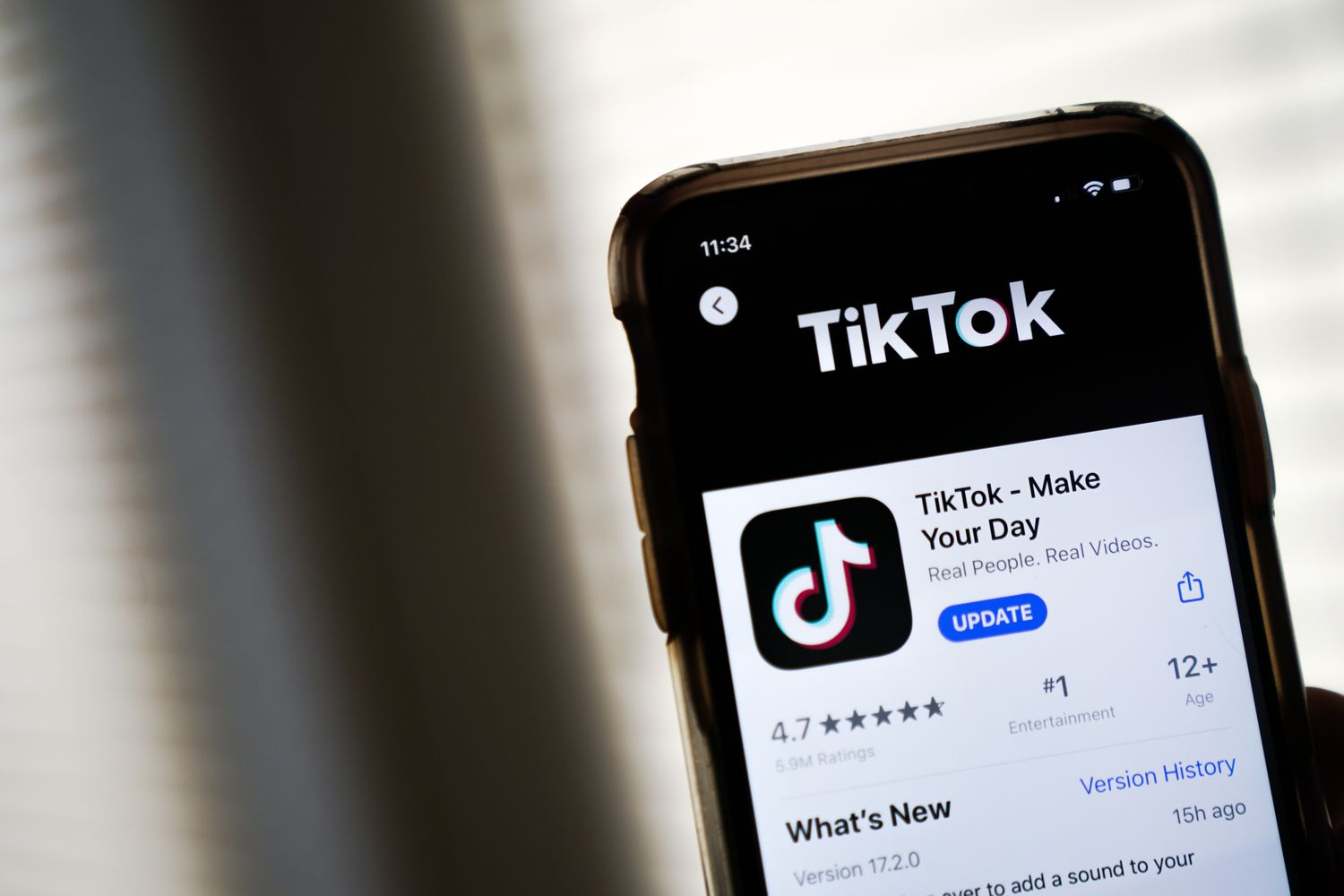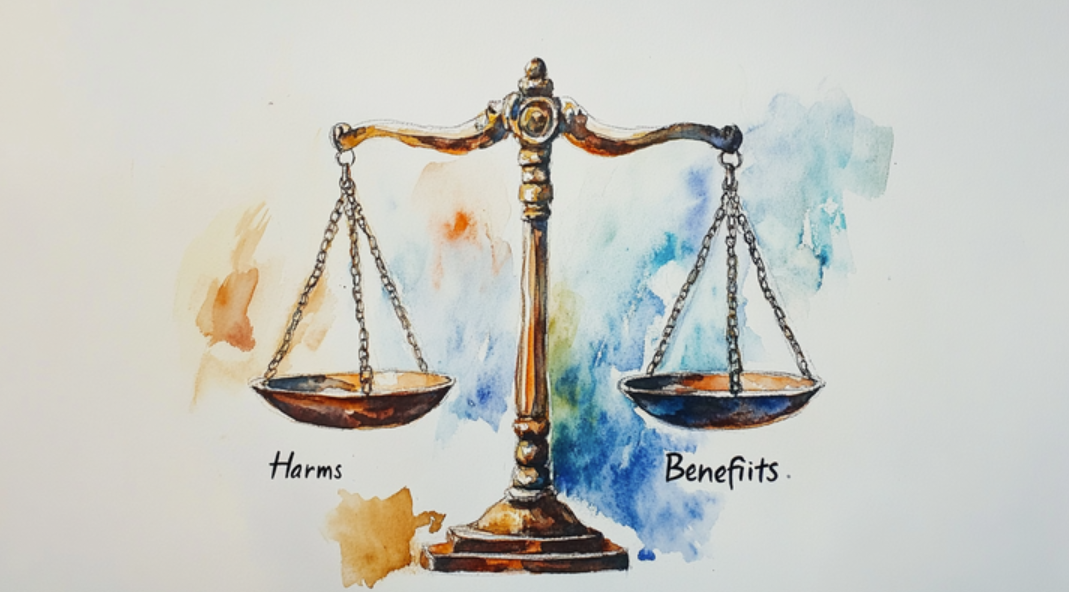Welcome to Our Research Archive
Search and filter by content type, issue area, author, and keyword

October 25, 2024
TikTok’s No Good, Very Bad Day in Court
Last month, the DC Circuit Court of Appeals heard oral argument in TikTok Inc. v. Garland, which tests the constitutionality of a federal law that would ban the popular social media platform from app stores early next year unless its Chinese-affiliated parent company divests ownership. While seasoned lawyers caution against predicting decisions based on oral…

October 25, 2024
The Clean Energy Transition’s Voter Problem
The future of the clean energy transition is cloudy. It’s well-known that there are disagreements—wide disagreements—between Republicans and Democrats about our energy future. But less well-known is the bedrock of public opinion on America’s energy supply, the importance of a rapid transition away from fossil fuels, and the general salience of the climate change issue….

October 17, 2024
Why the Veto of California Senate Bill 1047 Could Lead to Safer AI Policies
Innovation for Frontier Artificial Intelligence Models Act, reignited the debate about how best to regulate the rapidly evolving field of artificial intelligence. Newsom’s veto illustrates a cautious approach to regulating a new technology and could pave the way for more pragmatic AI safety policies. The robust debate SB 1047 sparked, imperfect as it was, is…

October 15, 2024
State Attorneys General Are Stepping in to Deal with ESG Abuse of Investors
The current proxy advisory system — in which proxy advisors make recommendations to investors and asset managers on how they should vote on shareholder proposals — has evolved into a deeply perverse mess. This has yielded adverse outcomes for investors, retirees, and firms, and for the economy as a whole, as a result of inefficient…

October 8, 2024
A Conversation with Office of Science and Technology Policy Director Arati Prabhakar
Event Summary On October 8, White House Office of Science and Technology Policy Director Arati Prabhakar joined AEI’s Chris Miller for a conversation about how the federal government can increase the United States’ research and development (R&D) capabilities across the public and private sectors. The discussion focused on how the past several decades have seen…

October 4, 2024
23andMe: Privacy and Property Protection in Bankruptcy
Kristen V. Brown, a staff writer at The Atlantic in a piece last week. I wouldn’t argue against being concerned, but there may be more privacy protection in place than Brown believes. Certainly if my views about contract law and property pertain in these contexts. But let’s see. The problem is not new. A data-intensive…

September 23, 2024
The National Science Foundation: Juggling Basic Research and Critical Technologies
Several weeks ago, National Science Foundation (NSF) Director Sethuraman Panchanathan announced that the new Directorate for Technology, Innovation, and Partnerships (TIP) would focus on four technology areas over the next three years, a substantial reduction from the 10 technology areas mandated by Congress in the 2022 CHIPS and Science Act. The agency cited budget constraints…

September 23, 2024
Response To The Office of Energy Efficiency and Renewable Energy
SummaryEnergy “savings” as asserted by DoE in its notional CRE Standards as analyzed in theNotice of Data Availability and Request for Comment are illegitimate as a benefit of any suchStandards because they shunt aside the CRE performance benefits attendant upon the higherenergy use currently observed. CRE consumers, after all, are not fools. In any event,…

September 23, 2024
The National Science Foundation: Juggling Basic Research and Critical Technologies
Several weeks ago, National Science Foundation (NSF) Director Sethuraman Panchanathan announced that the new Directorate for Technology, Innovation, and Partnerships (TIP) would focus on four technology areas over the next three years, a substantial reduction from the 10 technology areas mandated by Congress in the 2022 CHIPS and Science Act. The agency cited budget constraints as the…

September 18, 2024
Japan Offers a Glimpse into the Future
I’m writing this week from Tokyo, where I am participating in a fascinating symposium on “Energy Security and Global Warming in an Increasingly Uncertain International Climate,” sponsored by the University of Tokyo Graduate School of Public Policy (GraSSP) and the Institute of Energy Economic, Japan (IEEJ).(1) My contributions to the symposium focused on global rates…